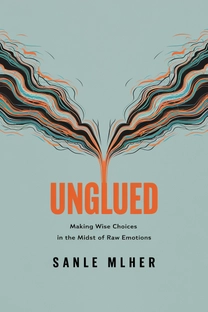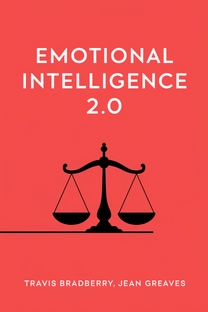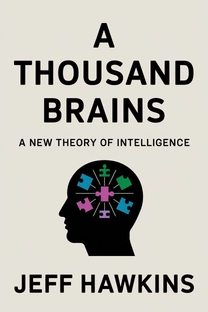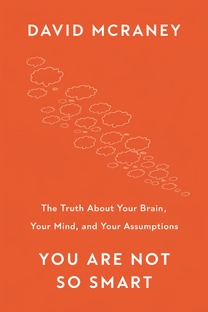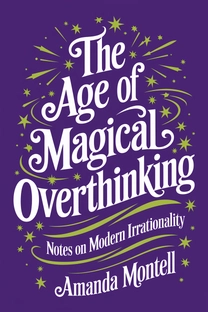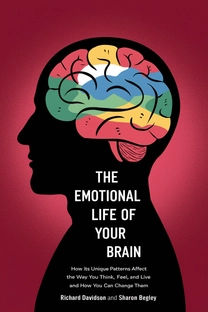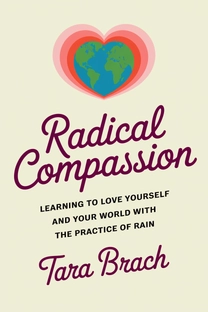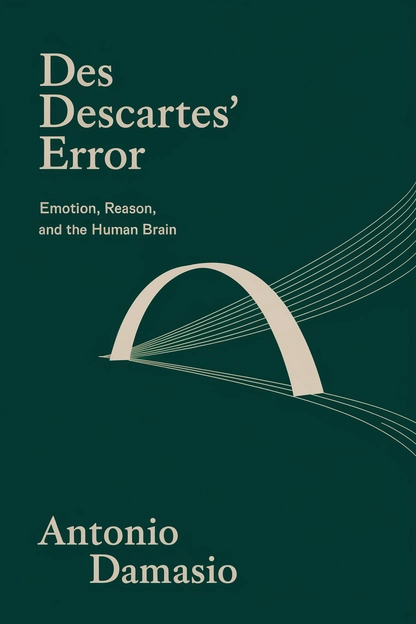
Descartes' Error
Emotion, Reason, and the Human Brain
by Antonio Damasio
Brief overview
This book explores how our ability to make decisions depends on the close interplay between emotion, feeling, and reason. It illustrates how specific brain regions coordinate with the body, shaping our social behavior, sense of self, and intellectual capacities. By studying dramatic cases of brain damage, the author reveals why rational thought cannot be separated from our biological nature.
Introduction
Imagine making vital decisions every day without the subtle guiding force of inner feelings. This book begins by highlighting dramatic neurological case studies, showing what can happen when our emotional processes are disrupted or disconnected from reason.
Emotions, once considered obstacles to rational thinking, are shown here to be essential catalysts for sound judgment. The author builds a compelling argument that reason cannot be fully understood without acknowledging the vital link between mind and body.
The following pages set the stage for a new understanding of how our brains integrate bodily signals to create not only emotions and feelings but also the capacity for higher thought, moral reasoning, and our basic sense of self.
Emotion and Reason Intertwined
Traditionally, emotion and reason have been treated as separate forces, with rationality heralded as the clear, focused state. But the book challenges that assumption by illustrating how emotion is not just about passion or impulses; it informs logical thought and narrows down overwhelming choices.
When people lose the capacity to feel emotions, they also lose the ability to weigh different outcomes. Detailed neurological and psychological evidence shows that while pure logic can generate possibilities, it’s our emotional machinery that flags which path is best to pursue.
Through brain imaging and clinical data, we see how specific areas, especially in the frontal lobes, help us assess risk, maintain social graces, and persevere in complex tasks. These areas do not operate in isolation; they integrate signals from the entire body.
What is Descartes' Error about?
"Descartes' Error: Emotion, Reason, and the Human Brain" by Antonio Damasio deftly combines the realms of neuroscience and philosophy to challenge the age-old Cartesian dualism. The book dives deep into the vital connections between emotions and reason, proposing that they are not just linked but fundamentally intertwined. This groundbreaking work questions the separation of mind and body, positing that our emotional intelligence is a cornerstone of rational thought, influencing decision-making, social behavior, and personal identity.
Through captivating case studies of individuals like Phineas Gage, Damasio demonstrates how brain injuries illuminate the profound relationship between cognition and emotion. His core concept, the "somatic marker hypothesis," highlights how emotions guide logical thinking, aiding in making quick and effective decisions. By exploring the frontal lobes' role in personality and decision-making consistency, Damasio makes a compelling case for a unified understanding of the mind as an embodied entity, intimately linked to bodily sensations.
This book is a profound exploration of how understanding the emotional brain can redefine not just how we view ourselves but also how we interact with the world. It underscores the interconnectedness of body and mind, advocating for a perspective where feeling and reason coexist at harmony, crucial for navigating the complexities of human nature.
Review of Descartes' Error
Antonio Damaslo's "Descartes' Error" is a riveting exploration that unravels the intricate dance of emotions and reason within the human brain. What sets this book apart is its ability to bridge the gap between technical neuroscience and accessible philosophy, making it a rewarding read for academics and laypersons alike. Damasio’s analysis of emotional influences on logical decision-making provides a fresh perspective that resonates deeply within the scientific community.
The book's crown jewel is the examination of "somatic markers," which are emotions acting as subconscious guides in decision-making. The practical applications of this concept are vast, challenging preconceived notions about rationality and encouraging readers to appreciate the indispensable role of emotions. In terms of accessibility, Damasio's prose is both eloquent and clear, ensuring that complex ideas are communicated with simplicity and elegance. His insights offer valuable takeaways for professionals across diverse fields, fostering mindfulness and self-awareness.
For those intrigued by the intersections of emotion, cognition, and biology, Damasio's work is not just a recommendation—it is essential. As he artfully weaves case studies with cutting-edge research, readers are left with a profound appreciation for the nuanced nature of the human brain and the inherent wisdom of emotions within it.
Who should read Descartes' Error?
- Neuroscientists and cognitive scientists interested in the intersection of emotion and rationality will find Damasio's insights particularly intriguing.
- Psychologists and psychiatrists can gain a deeper understanding of how emotion influences behavior and decision-making, enriching therapeutic practices.
- Educators and students of philosophy will appreciate the challenge to Cartesian dualism, as the book offers a fresh perspective with scientific backing.
- Healthcare professionals, especially those involved in neuro-rehabilitation, will benefit from understanding the emotional impacts of brain injuries.
- Individuals with an interest in personal development and self-awareness will find the book's exploration of emotion as a crucial component of decision-making invaluable.
About the author
Book summaries like Descartes' Error
Why readers love Mindleap
10-Minute Book Insights
Get the core ideas from the world's best books in just 10 minutes of reading or listening.
Curated For You
Discover your next favorite book with personalized recommendations based on your interests.
AI Book ExpertNew
Chat with our AI to help find the best book for you and your goals.
Reviews of MindLeap
Love how I can get the key ideas from books in just 15 minutes! Perfect for my busy schedule and helps me decide which books to read in full.
Alex R.
The summaries are incredibly well-written and the audio feature is perfect for my commute. Such a time-saver!
Jessica M.
Great app for personal growth. The insights are clear and actionable, and I love how they capture the essence of each book.
Chris P.
The app is beautifully designed and the summaries are top-notch. Definitely worth every penny!
Sarah K.


